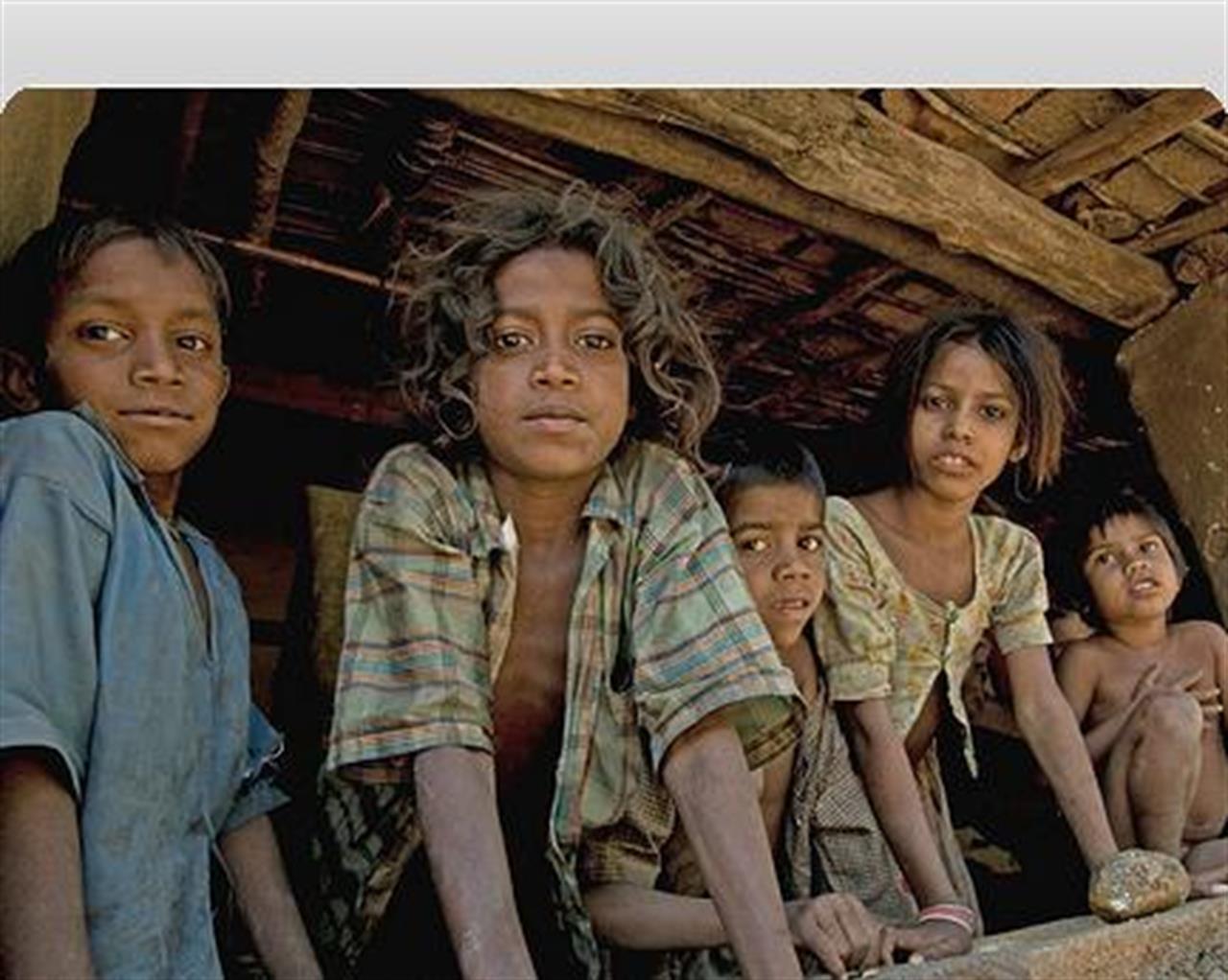Non profit
EU fouls on poverty
EU Member States are missing their official development aid targets of MDGs, reveals CONCORD’s report
di Staff

The report, Penalty against Poverty: More and Better EU aid can score Millennium Development Goals’, is being released as EU leaders are set to meet in Brussels next week to agree on a common position for the United Nations’ MDG Summit in New York this September. In 2000, EU leaders signed up to the United Nations Millennium Development Goals (MDGs), an ambitious pledge to end severe poverty and the associated disease, hunger and death by 2015.
Penalty against Poverty finds that EU development aid in 2009 amounted to €49 billion or 0.42 per cent of national income – €1 billion less than 2008 levels. Official estimates for 2010 put total EU aid at 0.46 per cent of national income, far short of the 0.56 per ent target for 2010 agreed by member states back in 2005.
In real terms, this represents a shortfall of €11 billion in funding and some of the EU’s biggest economies are amongst the worst offenders. Italy, for example, is estimated to be some 4.5 billion euros behind in its funding, Germany 2.6 billion and France 800 million.
“EU aid efforts are being crippled by a crisis of commitment. In 2005 EU leaders committed to allocating 0.7% of their national income to fight global poverty but five years later they are well off-track on aid and abandoning their international commitments on aid effectiveness”, said Hussaini Abdu, Country Director of ActionAid Nigeria. “We are not asking them to get more ambitious about fighting poverty, just keep their existing promises on aid quality and quantity”, he said
The annual AidWatch report notes that although inflated aid figures continued to decline compared to 2008 levels, a staggering €3.8 billion of inflated aid – or 8 per cent of the total EU amount – was still reported in 2009.
This inflated aid includes €1.4 billion for debt cancellation, €1.5bn in student costs and €0.9 billion spent on refugees in donor countries – when factored out EU development aid is only 0.38 per cent of European GNI.
“EU aid is €19bn short of what was promised to developing countries by 2010 to help them meet the MDGs – more than half the estimated extra €32bn required per year globally to meet the hunger goal alone”, said Justin Kilcullen, President of CONCORD. “This is very disappointing from a bloc that calls itself a leader on global development”, added Eduardo Sánchez, President of the Spanish NGO platform.
Representing over 1,600 European NGOs, CONCORD calls on EU governments to keep their promises to deliver more and better EU development aid. EU leaders must commit to legally-binding yearly timetables stating how aid targets will be met and find new ways to raise money for development such as a financial transaction tax which would bring estimated yearly revenue of €215 billion – €1trillion at no extra cost to the tax payer. Europe must put an end to the inflation of aid figures and place developing countries and their citizens at the centre of efforts to meet the MDGs.
Despite notable successes in getting children into primary education and reducing under-5 mortality from 12.6 million in 2000 to 9 million in 2007, world hunger is over one billion and rising, and the goal of halving extreme poverty will not be met until well after the 2015 MDGs deadline, leaving almost 30% of the world’s population in extreme poverty.
“Europe’s credibility as a global leader on development is at stake”, said Elise Ford, head of Oxfam International’s EU office.
The next big test of the EU’s commitment will take place on June 17, when national leaders will meet in Brussels. The EU Council will state its position on the anti-poverty action plan that was proposed by the European Commissioner for Development, Andris Piebalgs, last May. Moreover, they will agree upon a common position on poverty eradication, which they will propose to the international community at the MDG Summit in New York this September.
Catherin Ashton, the High Representative of the Union for Foreign Affairs and Security Policy, is in charge of analyzing the Commissioner for Development’s proposals. Her findings and judgements will be shared internally within the European Cousil. However, a source close to the portfolio told Vita Europe that due to a lack of time and human resources Ashton and her staff have not yet tackled the Commissioner for Development’s proposal for achieving the MDGs.
Click here to download the full Penalty against Poverty: More and Better EU aid can score Millennium Development Goals’ report.
Vuoi accedere all'archivio di VITA?
Con un abbonamento annuale potrai sfogliare più di 50 numeri del nostro magazine, da gennaio 2020 ad oggi: ogni numero una storia sempre attuale. Oltre a tutti i contenuti extra come le newsletter tematiche, i podcast, le infografiche e gli approfondimenti.
